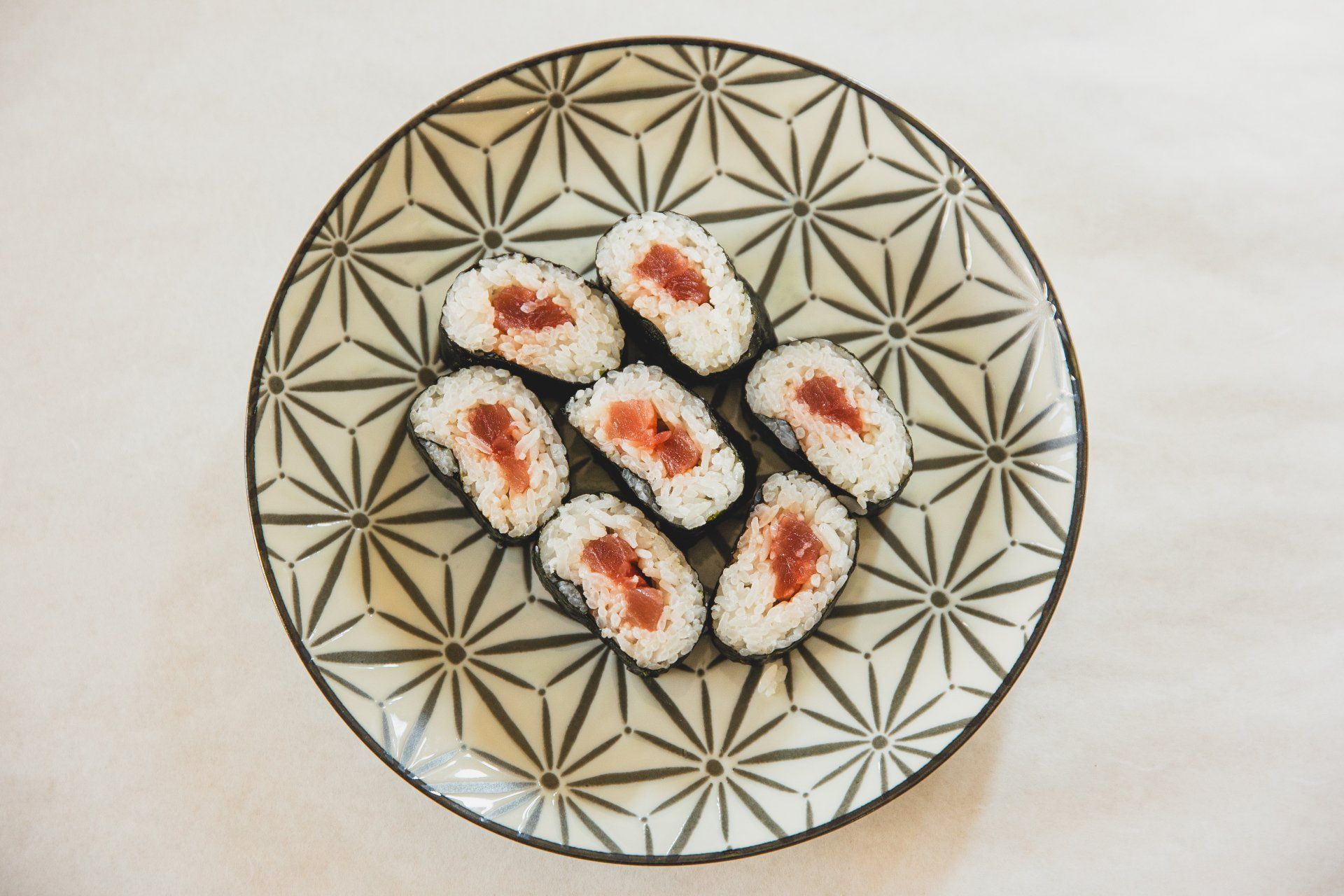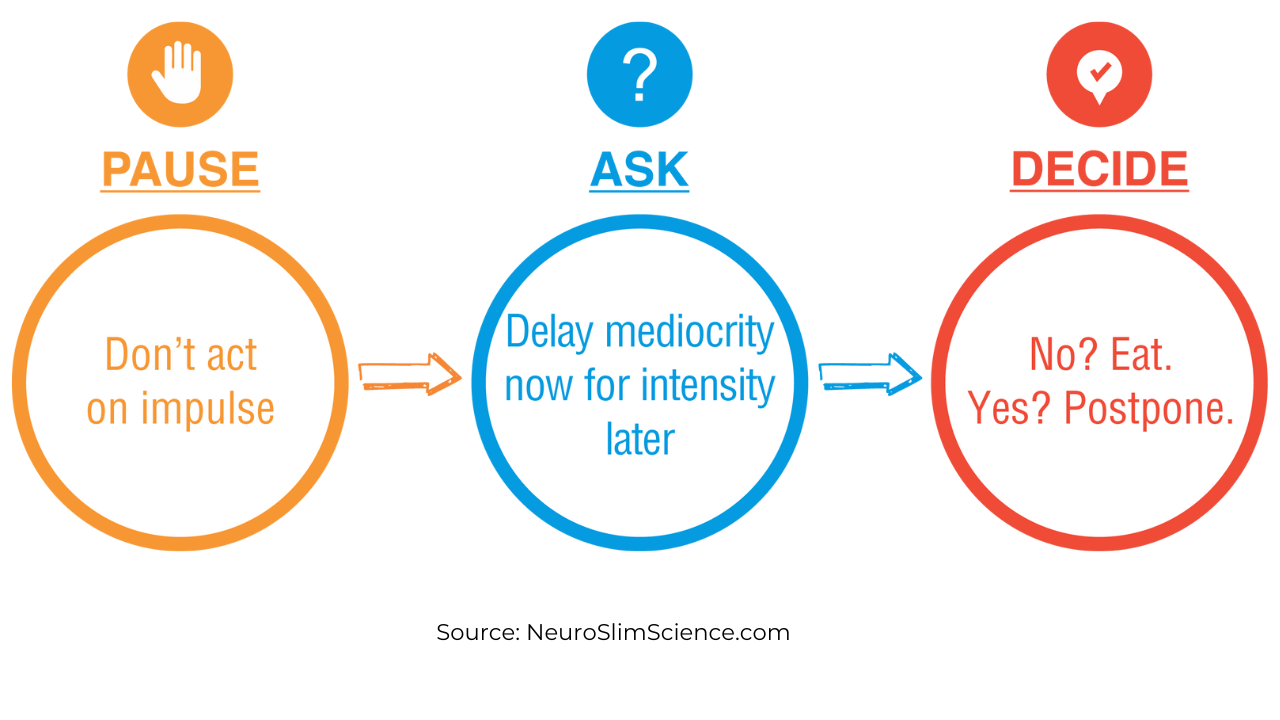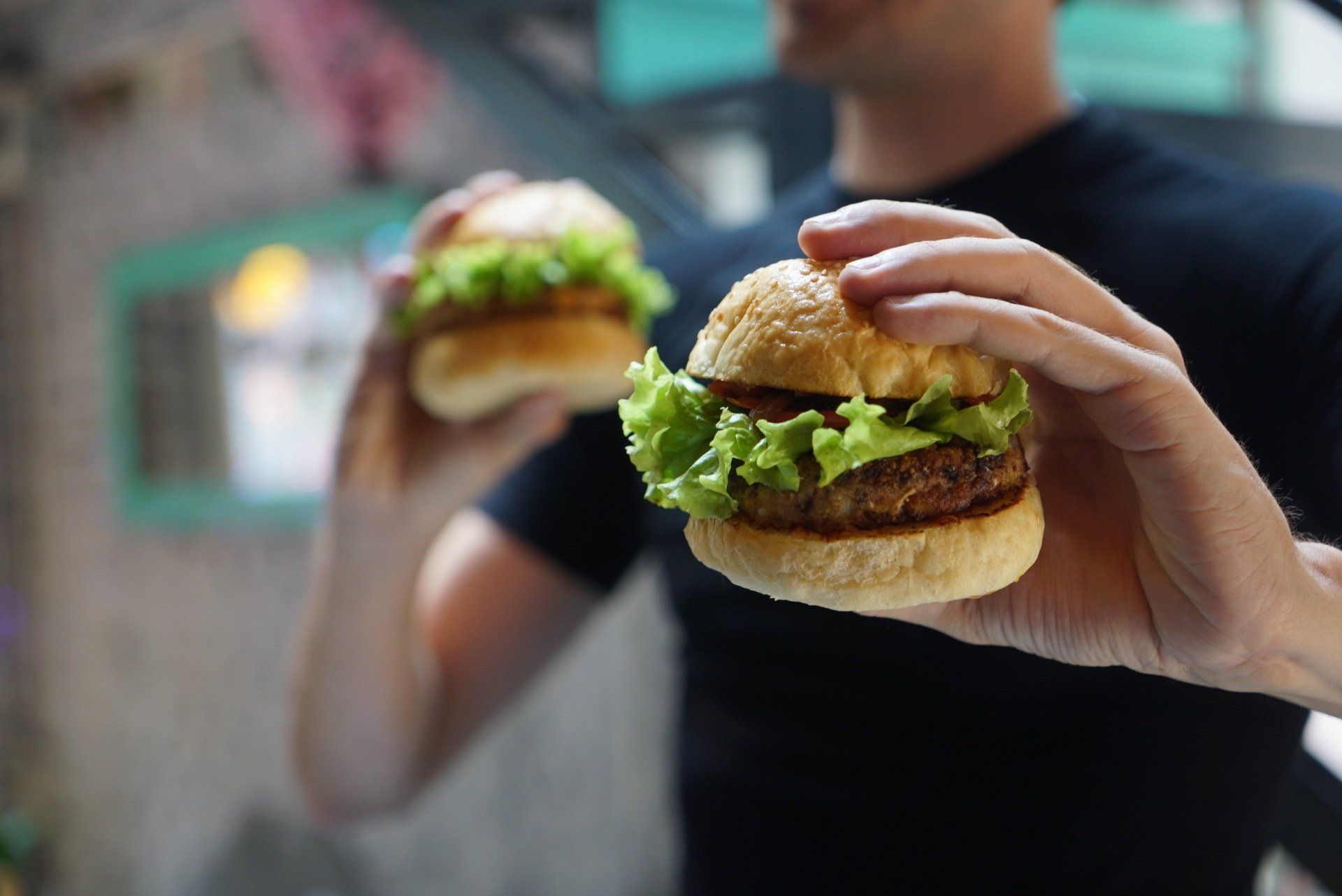Intuitive Eating Guide To Managing Cravings
In this lesson, taken directly from our intuitive eating online class, you’re going to learn a technique that will help you become a weight-losing pleasure junkie.
We’re going to start by tweaking psychologist Walter Mischel’s Marshmallow Experiments. In his experiments, the prize was volume. Eat one now or wait 15 minutes and eat 2.
Now, doubling the portions OBVIOUSLY wouldn’t work for us. But what if we did this?
What if the prize wasn’t volume…
But QUALITY.
What if the prize were a better experience of the same food?
What if we were willing to sacrifice meh-fries now for wow-fries later?
Now, the prize for delaying gratification switches from visceral pleasure to Epicurean pleasure.
A Mindful Eating Strategy
This delayed gratification technique is called “Postponing For The Rapture.” Here’s how it works:
You’re at a restaurant…considering french fries.
But you’ve eaten here before and know that the fries are, well, meh. They’re good not great. Certainly not like that fast-casual place whose fries make your taste buds shine with the intensity of a thousand suns.
Here’s what you do:
Pause
Don’t act impulsively. Put some space between your desires and your decisions.
Ask
“Am I willing to say no to the meh-fries now so I can experience the wow-fries at a better place later?” You vividly recall how much those wow-fries banged your taste buds like a gong. You know this restaurant’s meh-fries will not give you the same experience. Are you willing to hold off?
Decide
If the answer’s no, order the meh-tasting fries without guilt. If the answer’s yes, make a commitment to visiting that better restaurant soon.
THIS is your new Epicurean, intuitive eating mantra: Pause, Ask, Decide.
Use it everywhere, all the time, no exceptions. Somebody offers you cookies? Pause, Ask, Decide
Donuts at the office? Pause, Ask, Decide.
Out at a restaurant? Pause, Ask, Decide
Don’t punish yourself if you decide NOT to postpone.
And don’t praise yourself if you DO decide to postpone
Judging in either direction just reinforces the false concept of food as a battle between Good and Evil. This is not a morality play.
It’s a pleasure dome. You’re not evil for accepting a lower level of pleasure and you’re not a saint for insisting on a higher one. The goal isn’t to keep score; it’s to train yourself into being what?
A pleasure junkie.
And we’re going to do it with 3 words every time we have an opportunity to eat….
PAUSE, ASK, DECIDE. It's your new mindful eating mantra.
Ok, in the next post we’re going to talk about how to make Postponing For the Rapture even better. Stay tuned.
Academic Studies Used To Inform This Article On Intuitive Eating
McKee, H. C., & Ntoumanis, N. (2014). Developing self-regulation for dietary temptations: intervention effects on physical, self-regulatory and psychological outcomes. Journal of behavioral medicine, 37(6), 1075–1081. https://doi.org/10.1007/s10865-014-9557-6
Quote: The self-regulation training group was trained to use six self-regulatory skills: Delayed gratification, thought control, goal setting, self-monitoring, mindfulness, and coping.
Results indicate that self-regulatory skills training might be as effective as dietary and physical activity advice in terms of weight loss and related outcomes.
Annesi, J. J., & Gorjala, S. (2010). Relations of self-regulation and self-efficacy for exercise and eating and BMI change: A field investigation.
BioPsychoSocial Medicine,
4(1), 1-6. https://doi.org/10.1186/1751-0759-4-10
Quote: Findings suggest that training in self-regulation for exercise and eating may benefit self-efficacy and weight-loss outcomes.
Will Crescioni, A., Ehrlinger, J., Alquist, J. L., Conlon, K. E., Baumeister, R. F., Schatschneider, C., & Dutton, G. R. (2011). High trait self-control predicts positive health behaviors and success in weight loss.
Journal of health psychology,
16(5), 750–759. https://doi.org/10.1177/1359105310390247
Quote: Independent of baseline differences, individuals high in dispositional self-control ate fewer calories overall and fewer calories from fat, burned marginally more calories through exercise, and lost more weight during the program than did those lower in self-control. These data suggest that trait self-control is, indeed, an important predictor of health behaviors.











